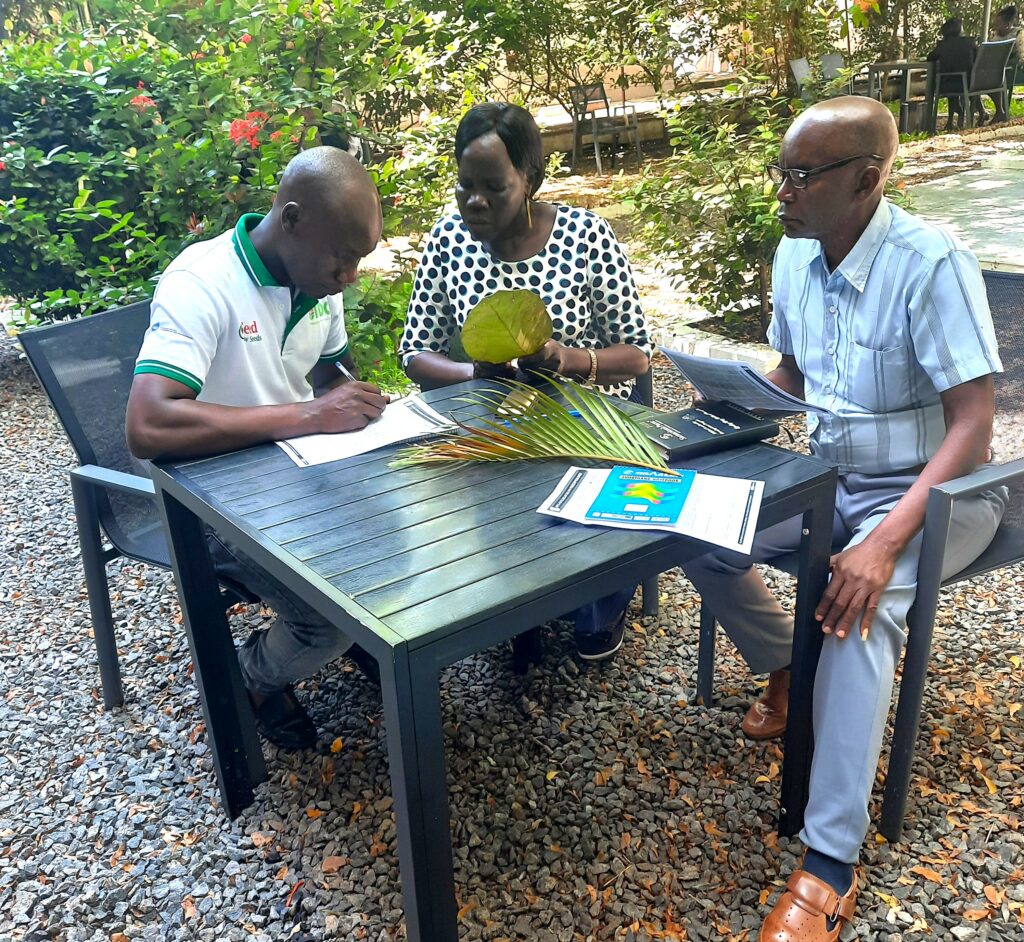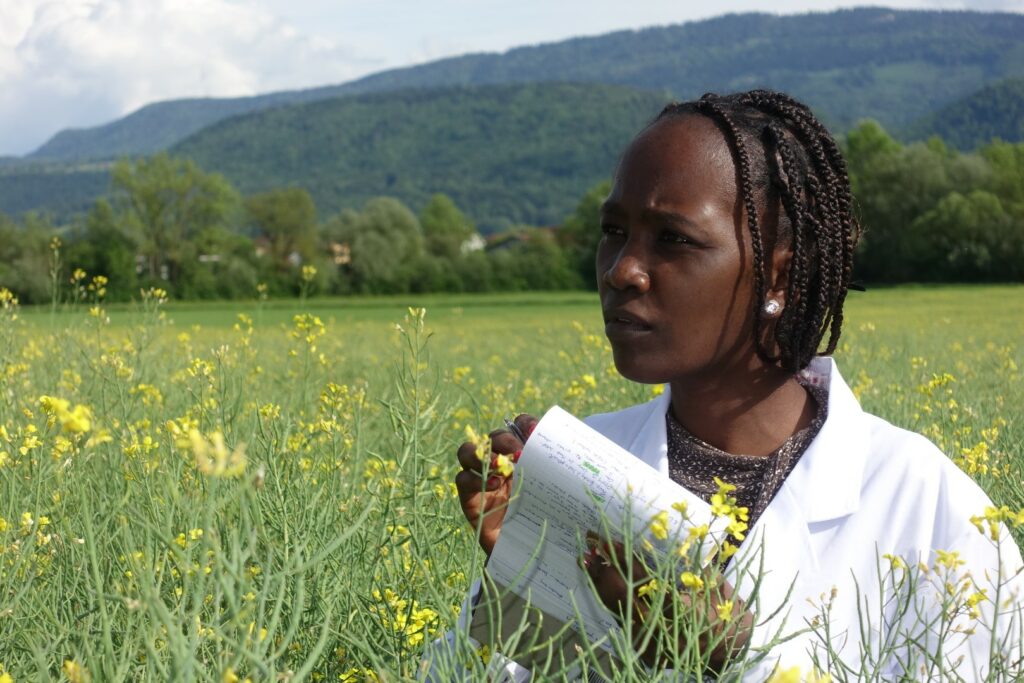Ask the tutor Q&A: Certificates in Advanced Studies in Integrated Crop Management
In this blog, Manfred Grossrieder, Integrated Crop Management Advisor for CABI, answers questions about the Certificates in Advanced Studies in Integrated Crop Management courses.
Pesticide risk reduction can contribute to food safety – here’s how
To mark World Food Safety Day on 7 June, with the theme of the year “Food safety: prepare for the unexpected“ we take a look at the ways in which the PlantwisePlus pesticide risk reduction pathway can contribute to safer food production.
Improving plant health in Papua New Guinea with plant doctor training
Plant clinics require trained agricultural extension workers to deliver this service to farmers. However, a lack of public extension workers to reach smallholder farmers with the crop advice they need can be a common problem in many countries.
Common papaya disorders: A comprehensive guide
Papaya, also commonly known as the papaw or pawpaw, is a large tropical fruit-producing plant originating from Central America. Market demand for tropical fruits has steadily grown, and consequently, the papaya has become an important agricultural export in many countries around the world. As of 2020, India was the largest producer of papaya, followed by…
PlantwisePlus delivers plant health ‘training of trainers’ in South Sudan
South Sudan’s agricultural sector is vital to its economy and employs most of the population. The FAO estimates that up to 95% of South Sudan relies on agriculture for income. Diverse crops like cassava, maize, groundnut and sorghum characterize farming here. However, agriculture in this East African nation faces challenges. Climate change and global warming,…
What is Integrated Crop Management?
Integrated Crop Management (ICM) is a holistic and sustainable approach to farming, focusing on optimizing resources, reducing input costs and promoting long-term soil health. As such, integrated crop management enables farmers to boost crop productivity while minimizing environmental impact. In this blog post, we explore the fundamental principles of Integrated Crop Management and how it…










